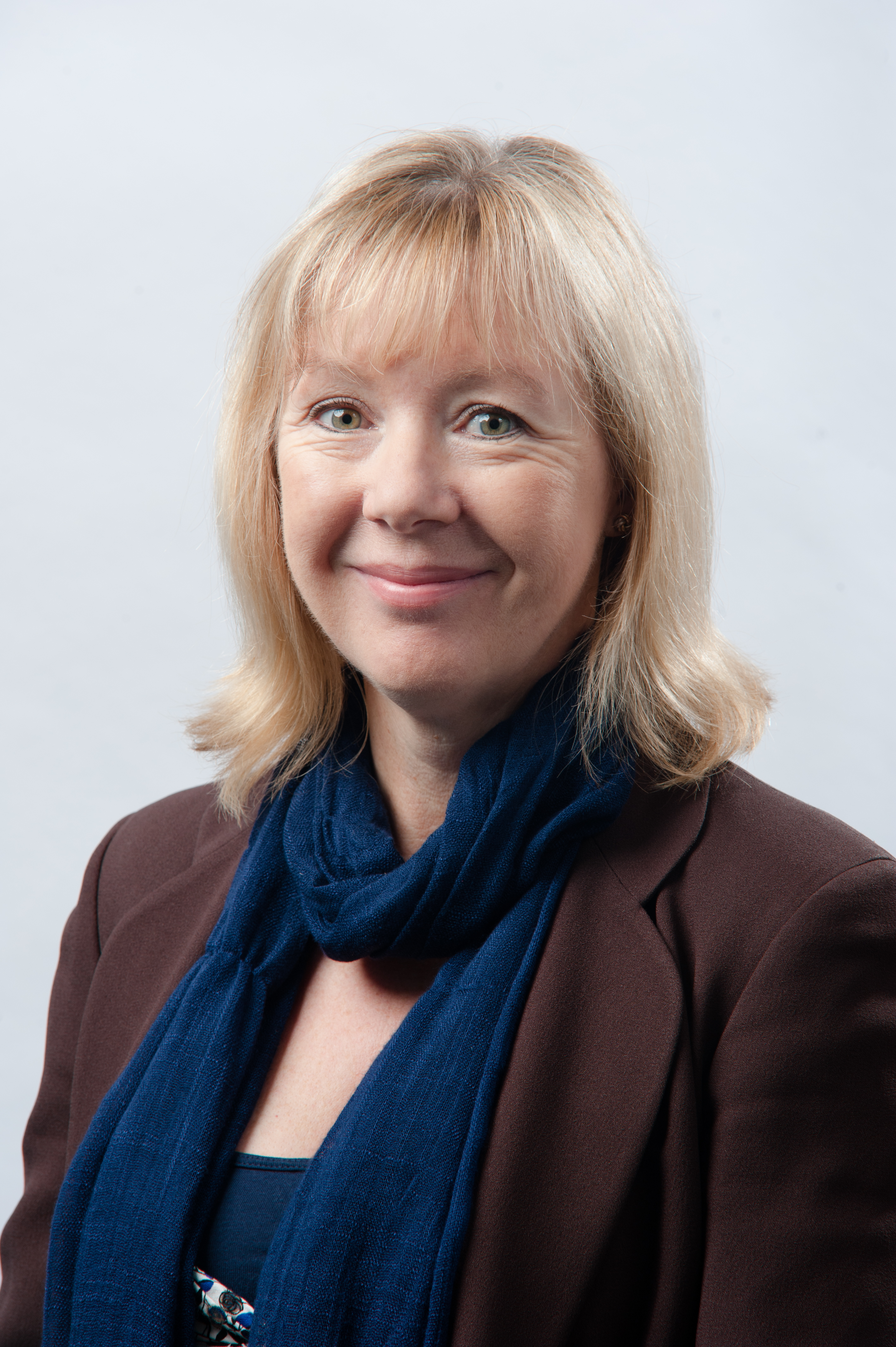Teaching primary computing without computers?
Date 10.11.2016

A new book, ‘Teaching primary computing without computers’, which will inspire primary school teachers to teach computational thinking without computers, has been released by Helen Caldwell, Senior Lecturer in Education (Primary Computing) at the University of Northampton.
Two years ago, the UK Government rolled out drastic changes to the computing national curriculum. For the first time children from the age of five to 16 were required to study computing; replacing the old ICT syllabus with a computing syllabus designed to introduce children to computational thinking from an early age. The development of pupils learning outcomes, going further than practical ITC skills, developing computational thinking skills, it’s hoped, will work to bridge the future digital skills gap in the UK.
As primary school teachers are often faced with limited access to computer hardware and resources for teaching; the book explores ways to ways to teach and inspire with ‘unplugged’ teaching methods.
An example from the book uses conditional statements to teach algorithms IF this THEN that ELSE the other – similar to a game of Simon says. Students can see how simple statements and conditions can be combined to form complex behaviour.
Helen Caldwell, Senior Lecturer in Education (Primary Computing), said: “This book focuses on the building blocks of understanding required for computational thinking. The book provides lesson examples and everyday activities to help teachers and pupils explore computing. Children can learn to analyse problems and computational terms and apply computational thinking to solve problems without turning on a computer; this book will give teachers the tools to elevate their teaching, and their children’s learning of computing beyond the available hardware.
The practical ‘unplugged’ activities help children to explore key computing concepts and think about their application to real world contexts before returning to a ‘plugged’ environment to create and share their own programs.”
The book will be released on 12 November.